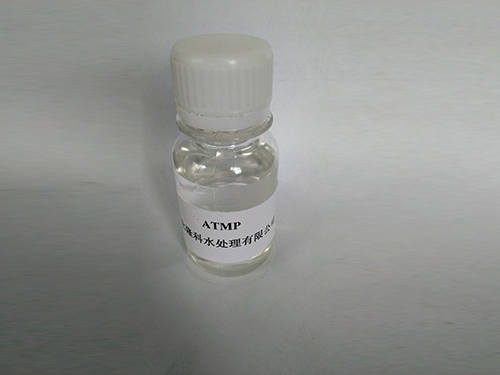Triamino Methylene Phosphonic Acid and Its Applications in Chemistry and Industry
Amino Tri Methylene Phosphonic Acid An Overview
Amino tri methylene phosphonic acid (ATMP) is a synthetic organic compound that has gained significant attention in various industrial applications due to its unique chemical properties. This phosphonic acid derivative is characterized by its ability to chelate metal ions, making it particularly valuable in the fields of water treatment, oilfield applications, and as a scale inhibitor in various industrial processes.
One of the most notable features of ATMP is its structure, which comprises three methylene groups and an amino group, attached to a phosphonic acid backbone. This configuration allows ATMP to exhibit strong binding properties with various metal ions such as calcium, magnesium, and iron. The chelating properties of ATMP not only help in preventing the formation of unwanted scale but also aid in controlling corrosion and the deposition of minerals in industrial systems.
In water treatment, ATMP is extensively used to combat scaling in cooling water systems, boilers, and reverse osmosis systems. Scale formation can significantly reduce the efficiency of these systems, leading to increased maintenance costs and energy consumption. By inhibiting scale formation, ATMP plays a crucial role in improving the operational efficiency of these systems. Additionally, its ability to disperse particulate matter further enhances its effectiveness in maintaining water quality.
In the oil and gas industry, ATMP finds application as a scale inhibitor in production and reinjection wells. The presence of scale can impede the flow of fluids and reduce the overall efficiency of extraction processes. By using ATMP, operators can minimize the risk of scale deposits, thus ensuring smoother and more efficient operations. Furthermore, the compound has been shown to exhibit good thermal stability, making it suitable for high-temperature environments often encountered in oilfields.
amino tri methylene phosphonic acid

Another area where ATMP is gaining traction is in agricultural practices, particularly in the formulation of fertilizers. The chelating ability of ATMP can enhance the bioavailability of essential nutrients, allowing for more efficient nutrient uptake by plants. This can lead to improved crop yield and better overall health of agricultural products.
The environmental impact of chemical compounds is an increasingly critical concern in today's industrial landscape. ATMP is considered relatively environmentally friendly due to its low toxicity compared to other phosphonates. This aspect makes it a preferred choice in formulations where ecological considerations are paramount.
It is worth noting that while ATMP is a versatile compound, proper handling and application are essential to maximize its benefits. Manufacturers and users should adhere to safety protocols and guidelines to mitigate any potential adverse effects.
In conclusion, amino tri methylene phosphonic acid (ATMP) is a compound of considerable importance across various industries due to its effective chelation properties and ability to inhibit scale formation. Its applications in water treatment, oil extraction, and agriculture illustrate its versatility and significance in enhancing operational efficiency and promoting sustainability. As industries continue to seek environmentally friendly solutions, ATMP stands out as a promising candidate for addressing some of the prevalent challenges faced today. With ongoing research and development, the potential uses of ATMP may expand further, solidifying its place in the modern industrial landscape.
-
Water Treatment with Flocculant Water TreatmentNewsJun.12,2025
-
Polymaleic AnhydrideNewsJun.12,2025
-
Polyaspartic AcidNewsJun.12,2025
-
Enhance Industrial Processes with IsothiazolinonesNewsJun.12,2025
-
Enhance Industrial Processes with PBTCA SolutionsNewsJun.12,2025
-
Dodecyldimethylbenzylammonium Chloride SolutionsNewsJun.12,2025





